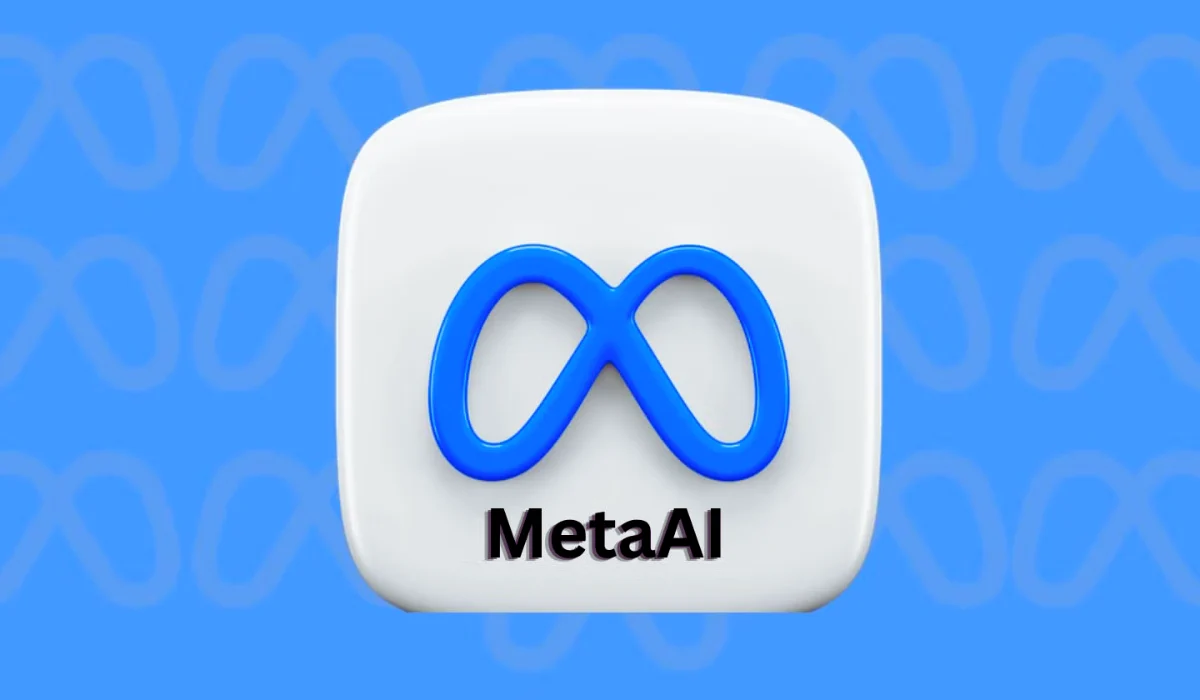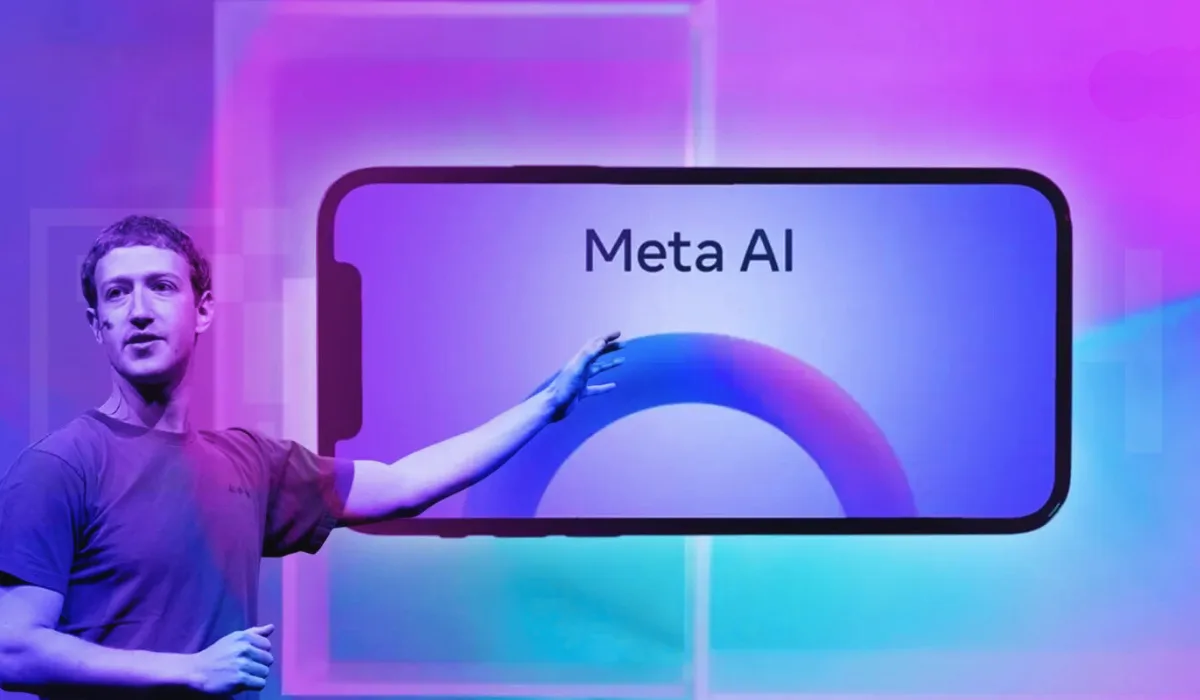With OpenAI and Google at one end of the AI technology stack, Meta is now on board to build an artificial superintelligence. Zuckerberg announced on Monday, July 14, 2025, that Meta will invest hundreds of billions of dollars in building huge AI data centres. The investment will come from Meta’s $100 billion-a-year advertising business across platforms like Instagram, Messenger, Facebook, and now, WhatsApp. The centre will be designed to train AI models and build a superintelligence.
Takeaways
- Multi-gigawatt AI data centres – Prometheus, which will be launched in 2026, and Hyperion
- Formed the Superintelligence Labs and has recruited several researchers from top companies, like Apple, GitHub, and Scale AI
- The centres are funded from aggressive ad acquisition and sales through Meta platforms
Zuckerberg wrote on Threads, “We’re building several multi-GW clusters. We’re calling the first one Prometheus, and it’s coming online in ’26. We’re also building Hyperion, which will be able to scale up to 5GW over several years. We’re building multiple more titan clusters as well. Just one of these covers a significant part of the footprint of Manhattan.”
So, the first multiple-gigawatt data centre, Prometheus, is to commence in 2026. According to the post shared on Thread, a site will take nearly the size of Manhattan. Another centre, Hyperion, built using 5 gigawatts, takes several years to complete.
Superintelligence Labs Resource Planning: Budget and Team

If we look at Meta’s budget allocation, the company increased its AI budget to $64-72 billion this year. According to the news, Zuckerberg has been personally recruiting top talent to build the largest and most efficient AI data clusters. The Meta Superintelligence Labs team includes developers and researchers from tech enterprises like OpenAI and DeepMind.
Alexander Wang, co-founder of Scale AI, has been appointed as the chief AI officer at Meta and acquired a 49% stake in his firm, valued at approximately $14.3 billion.
Zuckerberg also acquired Nat Friedman, GitHub’s CEO and former chairman of the GNOME Foundation. Startup founder Daniel Gross and Apple’s ex-AI researcher Ruoming Pang are part of the Superintelligence team. The news comes after complications with Meta’s Llama as an open-source project.
With the announcement of the Superintelligence, Meta is aggressively buying more ads and selling at higher prices to drive growth and enhance revenue. Zuckerberg also expects more cash generation from the Meta AI application, which converts images to video ads and smart glasses. Since the news of Superintelligence, the Meta shares have surged 0.54%.
Don’t Miss This: Claude AI Canva Integration: Features, Pricing, How to Use
What about the Environmental Consequences?
According to studies, AI-driven data centres have an environmental impact. To run these data centres, a huge amount of energy is required. As we have seen, it would take as much as a bottle of water available in the store to answer a query on ChatGPT. So, many have raised concerns about Meta’s plan to build multi-gigawatt AI centres and how it will meet the energy needs.
Further news about the Superintelligence is yet to be released. Tech enthusiasts are eagerly waiting for more information about this new venture and to find out whether Meta will surpass its competitors in perfecting AI models.




